Personalized therapy that meets you where you are
Every person at Discover Recovery receives a personalized therapy plan tailored to their history, current needs, and long-term goals. Our clinicians use a wide range of evidence-based and experiential therapies to help you explore the root causes of addiction, develop healthier coping strategies, and build emotional resilience.
From structured approaches like cognitive-behavioral therapy (CBT) and dialectical behavior therapy (DBT), to trauma-focused methods like EMDR and transcranial magnetic stimulation (TMS), we offer therapeutic tools that support both mental health and recovery.
Whether you’re new to therapy or returning to treatment, we meet you where you are with compassion, professionalism, and care that evolves with you.
What to expect during therapy
We have licensed therapists and counselors on staff who work with our medical and substance use treatment providers to ensure a comprehensive and integrated approach to healing. When you or your loved one starts treatment, we’ll create a therapy plan that might include different settings, including:

Individual
Multiple one-on-one sessions with a counselor every week to work on deep-rooted issues, learn coping skills, and build resilience for the recovery journey.

Group
Participation in group therapy sessions led by a trained therapist or counselor, where you or a loved one can gain new perspectives from others in recovery, practice communication skills, and build a sense of community.

Family
Involvement of loved ones in the recovery process to help mend relationships, foster honest communication, and create a safe space for healing within the family unit.
Understanding our addiction therapy programs
Therapy is the foundation of every level of care. Here’s a closer look at what our therapeutic modalities involve:

Cognitive-Behavioral Therapy
Cognitive-Behavioral Therapy
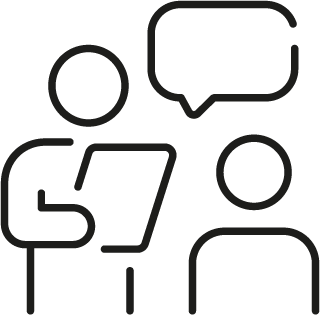
Dialectical Behavior Therapy
Dialectical Behavior Therapy
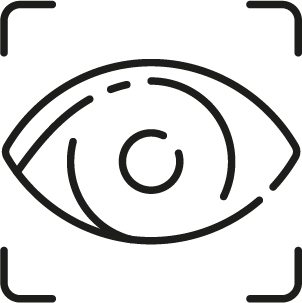
EMDR
EMDR
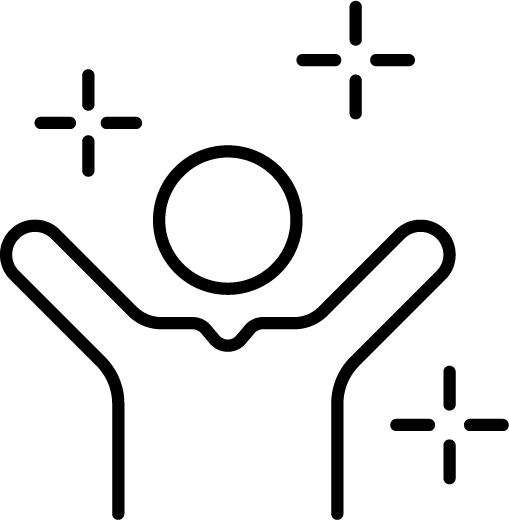
Experiential therapy
Experiential therapy
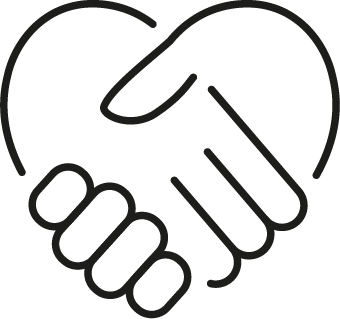
Family therapy
Family therapy

Group therapy
Group therapy

Holistic therapy
Holistic therapy
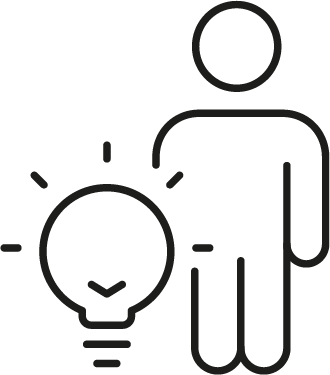
Life skills training
Life skills training
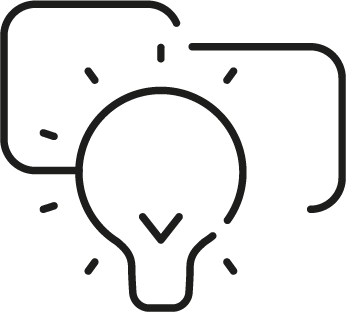
TMS
TMS

Neurofeedback therapy
Neurofeedback therapy

MAT
MAT
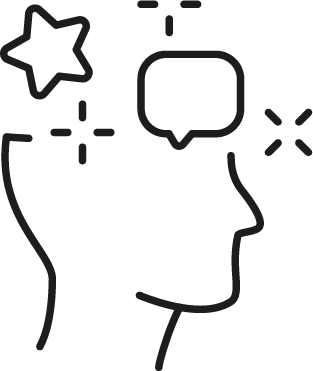
Psychotherapy
Psychotherapy
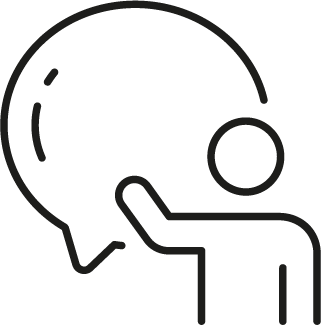
Motivational interviewing
Motivational interviewing

Relapse prevention therapy
Relapse prevention therapy

Person-centered therapy
Person-centered therapy

Trauma therapy
Trauma therapy
Find strength and discover your path
How therapy fits into the continuum of care
Therapy isn’t limited to a single program. It’s a consistent, evolving part of your care at every stage:
- Medical detox: You receive emotional support and basic psychoeducation during stabilization
- Residential treatment: Intensive individual and group therapy sessions begin, with a strong focus on mental health and trauma
- PHP or IOP: You continue structured therapy multiple times a week while beginning to re-enter daily life
- Outpatient and aftercare: We help you maintain progress through therapy referrals, alumni support, and relapse prevention planning
Our team meets you where you are, adjusting the frequency, intensity, and focus of therapy as clinical needs change.
How we approach addiction and mental health care
We take the time to understand your story and create a care plan that supports your whole self—mind, body, and spirit. Our team uses both proven therapies and holistic methods to help you work through addiction and mental health concerns simultaneously. Whether you’re in one-on-one counseling, group therapy, or family sessions, every part of your care is built on kindness, trust, and expert support to help you grow stronger and move forward with hope.
Every Discover Recovery location is licensed, accredited, and staffed by experienced professionals who truly care.
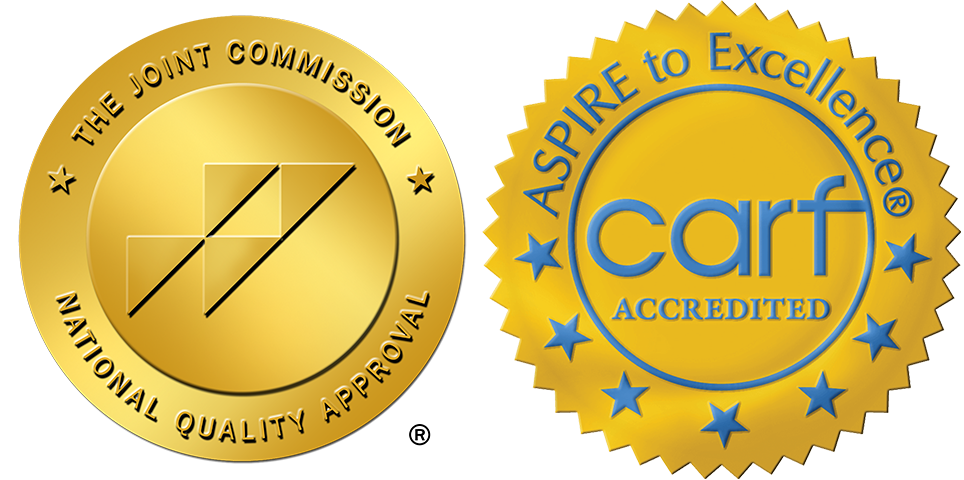

Therapy for co-occurring mental health conditions
Because we specialize in dual diagnosis treatment, all therapy programs at Discover Recovery are designed to support both mental health and addiction. Our therapists work with people experiencing:
- Depression
- Anxiety
- Bipolar disorder
- Post-traumatic stress disorder (PTSD)
- Personality disorders
- Obsessive-compulsive disorder (OCD)
When you reach out to us, you’ll receive an initial psychiatric assessment and ongoing mental health support. Medication management and therapy are coordinated, ensuring that clinical goals align across disciplines. This integrated approach helps you stabilize emotionally while working toward long-term recovery.
Therapy-based aftercare and alumni support
Therapy doesn’t end when a program does. As part of our aftercare planning, we help you connect with trusted therapists, outpatient providers, and recovery groups in your community. For those in the Discover Recovery alumni network, ongoing support may include:
- Alumni events and check-ins
- Recovery mentorship
- Access to relapse prevention tools
- Referrals to specialized therapists and groups
These services help you stay connected, continue growing, and navigate life in recovery with confidence.
Frequently asked questions
How does addiction affect mental health?
Addiction can significantly impact your mental and emotional well-being. It may intensify symptoms of depression, anxiety, trauma, or mood disorders, or contribute to their initial onset. In many cases, people use substances to self-medicate underlying mental health issues, which only worsens the cycle. We treat both addiction and mental health concurrently through dual diagnosis therapy.
What therapies are most effective for treating addiction?
The most effective therapies for addiction often include a combination of CBT, DBT, trauma therapy, and group counseling. The right mix depends on your history, co-occurring mental health conditions, and personal goals.
Do you offer therapy at all levels of care?
Yes. Therapy is integrated across every level of treatment, including detox, residential rehab, outpatient care, and aftercare planning. You’ll receive consistent therapeutic support no matter where you are in your recovery journey.
Can therapy really help with long-term recovery?
Absolutely. Therapy helps you build resilience, develop coping skills, improve emotional regulation, and understand the root causes of addiction. It also prepares you for life after treatment through relapse prevention and aftercare planning. Absolutely. Therapy helps you build resilience, develop coping skills, improve emotional regulation, and understand the root causes of addiction. It also prepares you for life after treatment through relapse prevention and aftercare planning.
Explore More From Discover Recovery
Alcohol Rehab in Portland
Discover Recovery serves the Portland community with compassionate care and evidence-informed addiction treatment. Our approach blends medical and behavioral care...
Does Insurance Cover Rehab? A State-by-State Guide
The short answer is that many insurance plans cover rehab for addiction and mental health treatment, but benefits vary by...
Inpatient vs. Outpatient Rehab: Which is Right for You?
Deciding between inpatient and outpatient treatment is a key step in your recovery journey. Both can help with substance use...
Family Guide to Supporting a Loved One in Rehab and Aftercare
Family members can learn skills to support a loved one’s recovery during treatment and aftercare. This guide explains why family...
What to Expect in Your First 30 Days of Rehab
At Discover Recovery, your first month is structured, compassionate, and personalized. From the initial phone call to your transition plan,...
How Much Does Rehab Cost?
The cost of rehab is one of the most common concerns people face when considering substance use disorder treatment. Prices...



